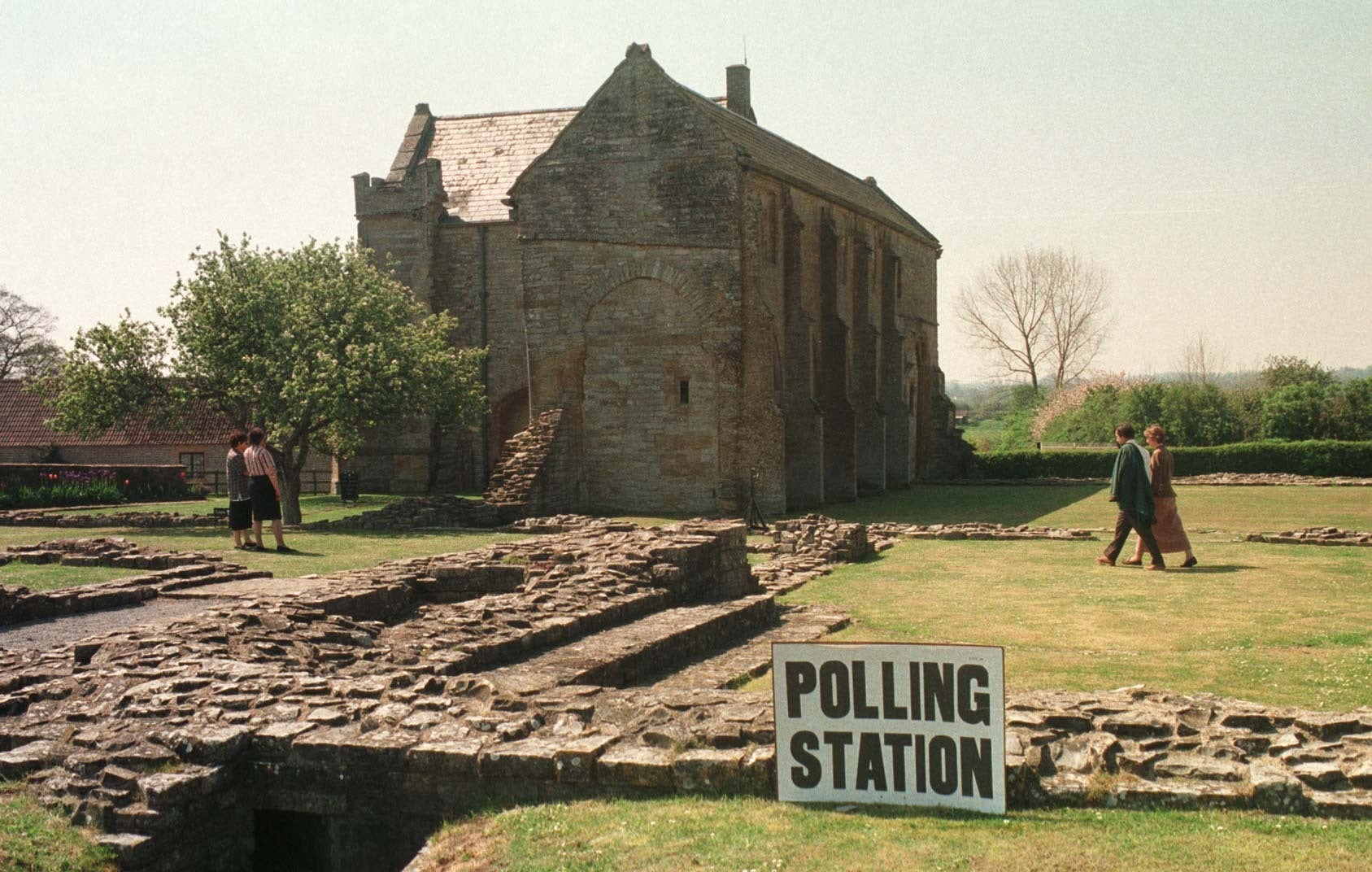Meat-rich diet of 14th-century monks caused digestive issues including constipation and diarrhoea, study finds
A study by English Heritage found that monks at Muchelney Abbey in Somerset suffered serious health problems

The meat-rich diet of 14th-century monks may have caused digestive issues including constipation and diarrhoea, new research suggests.
A study by English Heritage found that monks at Muchelney Abbey in Somerset suffered "serious health problems" as a result of their unbalanced and calorie-rich diet.
The monks' unique diet is thought to be the consequence of a change in papal law in 1336, allowing monks to consume meat twice a week as long as it was not eaten in the refectory.
“Basically monks were slaves to their bowels. They often had serious health problems because of their diet and digestion”, says English Heritage historian Michael Carter.
While undertaking the research, Carter also discovered a large room off the main refectory which appears to exist solely for the consumption of meat.
Elsewhere in the Abbey, monks also had access to one of Europe’s largest toilet blocks, which could accommodate up to 40 monks on a bench.
Carter also came across what appears to be a guide to monastic healthy eating from annotations in the abbey's breviary, a holy service book.
The guidance says that a balanced meal might be "white, well-leavened" or sourdough bread, ale flavoured with herbs and eels, which were a staple of the Muchelney diet.
For monks suffering from constipation, the guidance also suggests a laxative recipe featuring various fruit extracts, while another urges the patient to take a small piece of soap and put it in their "fundamewnt" before resting in bed.
Carter said he would not try the recipe, but added: “I wouldn’t be surprised if they were highly effective”.
“I do think there is something about monastic latrines,” he said. “People have this idea of people in the middle ages being filthy and not caring about human waste, but when you look in to it you discover that is far from the case.
“They developed sophisticated architecture and plumbing. It is fascinating stuff.”
Carter said his interest in monks and their digestion was sparked by a visit to Kirkstall Abbey on the outskirts of Leeds and seeing the surviving latrines. “I remember being fascinated by the idea of it being a 900-year-old monastic toilet block,” he said.
Subscribe to Independent Premium to bookmark this article
Want to bookmark your favourite articles and stories to read or reference later? Start your Independent Premium subscription today.

Join our commenting forum
Join thought-provoking conversations, follow other Independent readers and see their replies